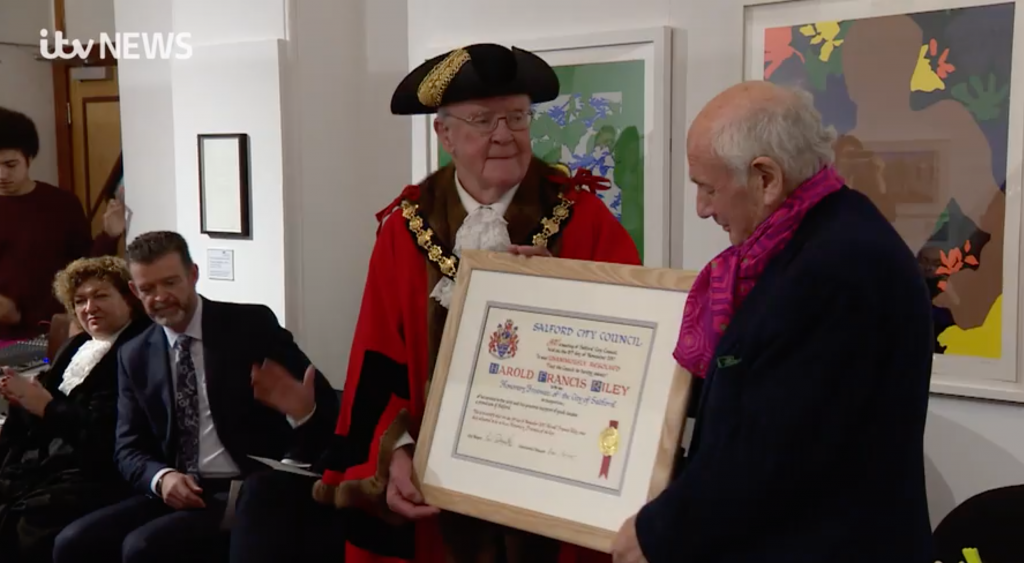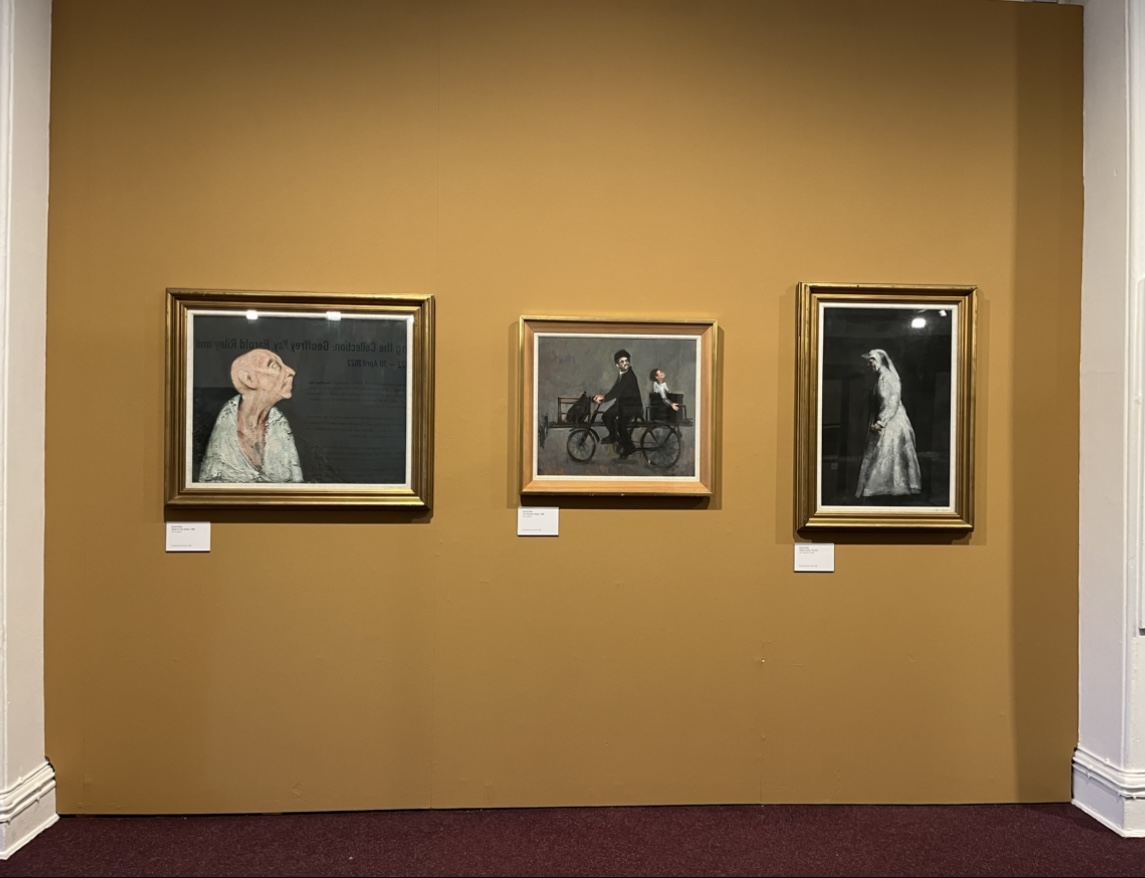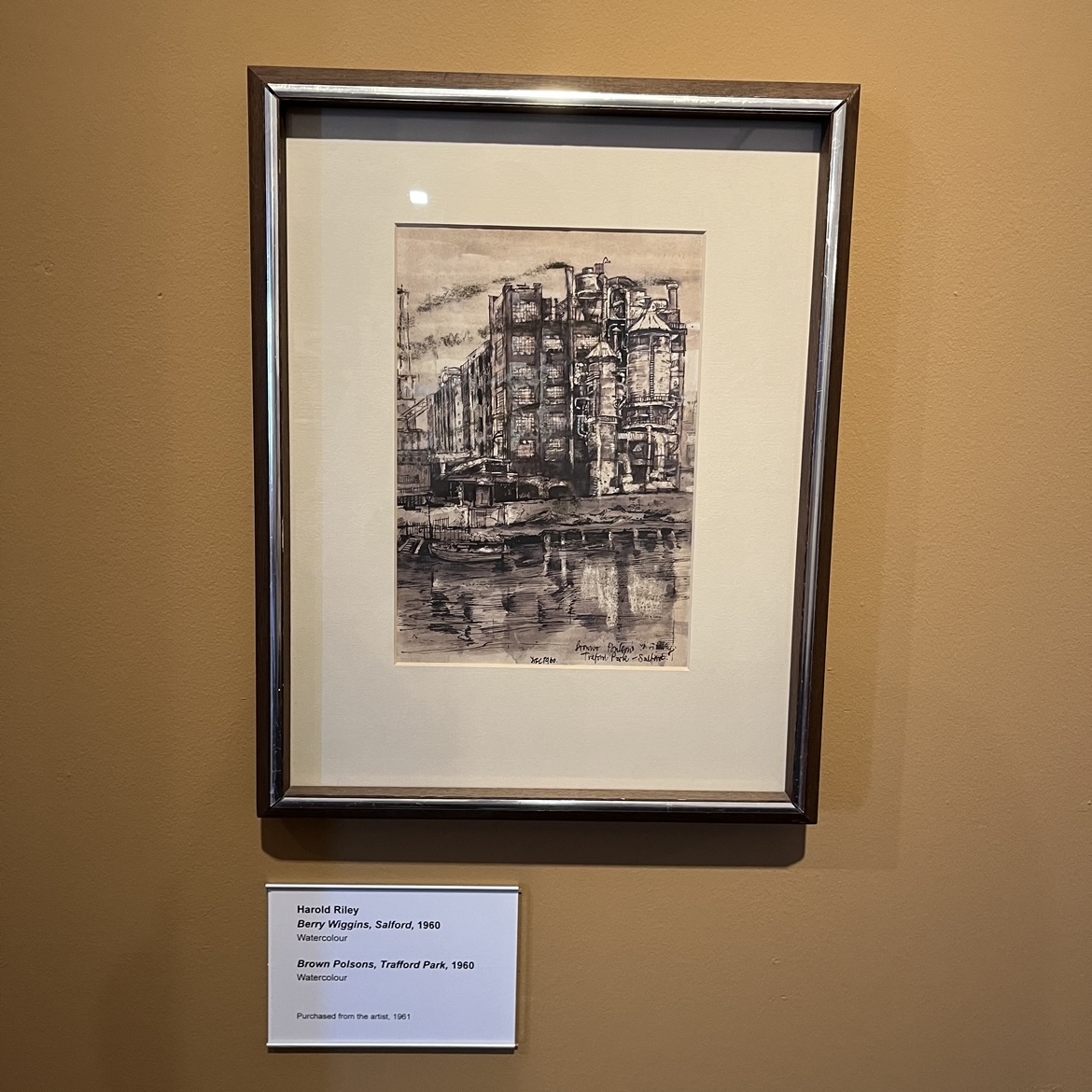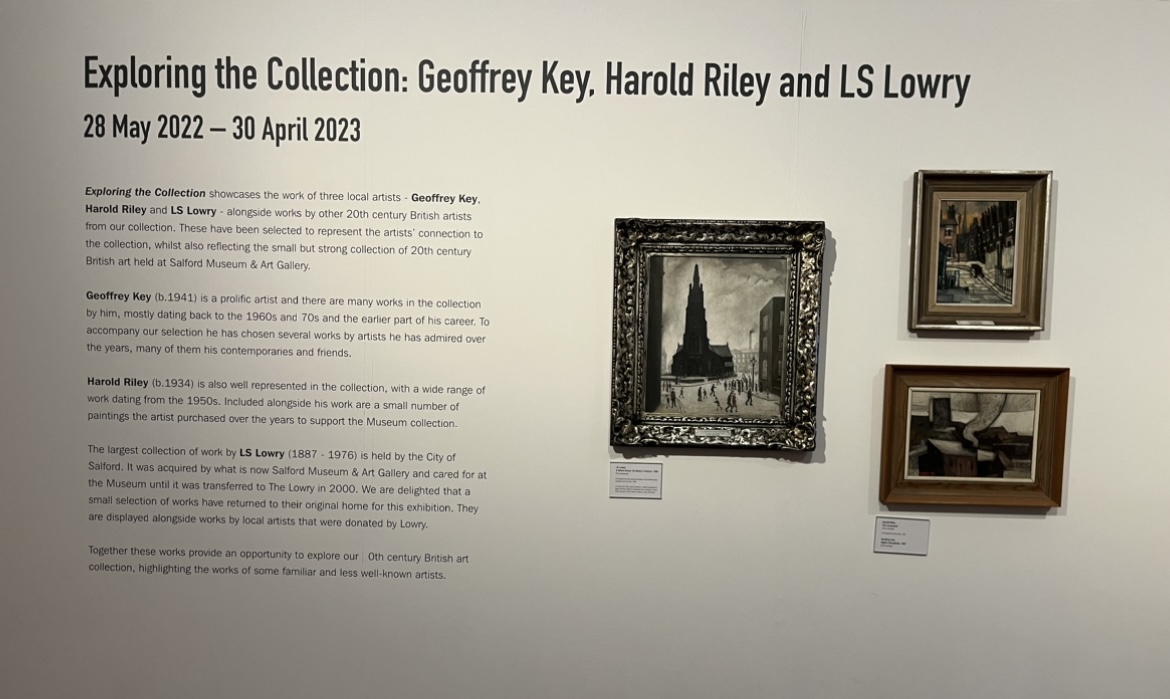
Harold Riley was a renowned artist and photographer from Salford, whose work captured the essence of his hometown and its people.
He was born on January 14, 1934, in Salford and spent most of his life living and working in the area. Throughout his career, Riley was celebrated for his ability to create captivating and insightful portraits of individuals and communities, as well as for his contributions to the world of art and photography.
Riley’s artistic talent was evident from a young age. He attended Salford Grammar School and later studied at the Manchester School of Art, where he honed his skills and developed his unique style. He quickly established himself as a gifted painter and photographer, and his work soon gained national and international recognition.
Throughout his career, Riley was committed to capturing the spirit of the working-class communities that surrounded him. He was particularly fascinated by the people of Salford, and his portraits and photographs of them are celebrated for their humanity and honesty. Riley’s work often depicted ordinary people going about their daily lives, but his skillful use of light and composition elevated these everyday scenes into something extraordinary.
Riley’s talent was not limited to his artistic abilities. He was also a committed teacher and mentor, and many of his students went on to achieve great success in their own right. He was a popular figure in the Manchester arts community and was known for his warmth, generosity, and sense of humor.

Throughout his life, Riley received numerous awards and accolades for his work. He was appointed a member of the Order of the British Empire in 2009 in recognition of his services to art and photography. In 2013, he was awarded an honorary degree by the University of Salford, where he had taught for many years.
Harold Riley’s commitment to social justice and philanthropy was a core aspect of his life and work. He was a strong advocate for the working-class communities of Salford and used his platform as an artist and photographer to raise awareness about issues affecting these communities. In particular, he was deeply concerned about the impact of poverty and inequality on people’s lives and was dedicated to promoting social change.

Riley was involved in many charitable causes throughout his life, including the Greater Manchester Poverty Commission and the Salford Foundation. He also supported organisations such as Oxfam, UNICEF, and the Red Cross, which work to address poverty and inequality on a global scale.
In addition to his philanthropic work, Riley was a champion of art and education. He believed that art had the power to transform people’s lives and was committed to promoting it as a means of personal and social transformation. In 2006, he founded the Harold Riley Foundation, which supports local artists and provides funding for educational initiatives that help young people from disadvantaged backgrounds.

Riley’s artistic legacy continues to inspire and captivate audiences around the world. His work has been exhibited in prestigious galleries and museums, including the Tate Gallery in London and the National Portrait Gallery in Washington, D.C. His ability to capture the essence of working-class life and the people of Salford has earned him a place in the canon of great British artists and photographers.
In the words of Harold Riley himself: “Art is not just for the privileged few, it is for everyone. It has the power to inspire, to challenge, and to transform. It can help us to see the world in new and different ways, and to understand ourselves and each other more deeply.”
His life and work stand as a testament to the power of art to create positive change in the world, and he will be remembered as a true champion of social justice and artistic expression.
Harold Riley’s death on April 18, 2023, marked the end of a remarkable career and a life devoted to art and photography. However, his legacy lives on through his work, which continues to inspire and captivate audiences around the world. His ability to capture the essence of working-class life and the people of Salford will remain an enduring testament to his talent and his dedication to his craft.















Recent Comments